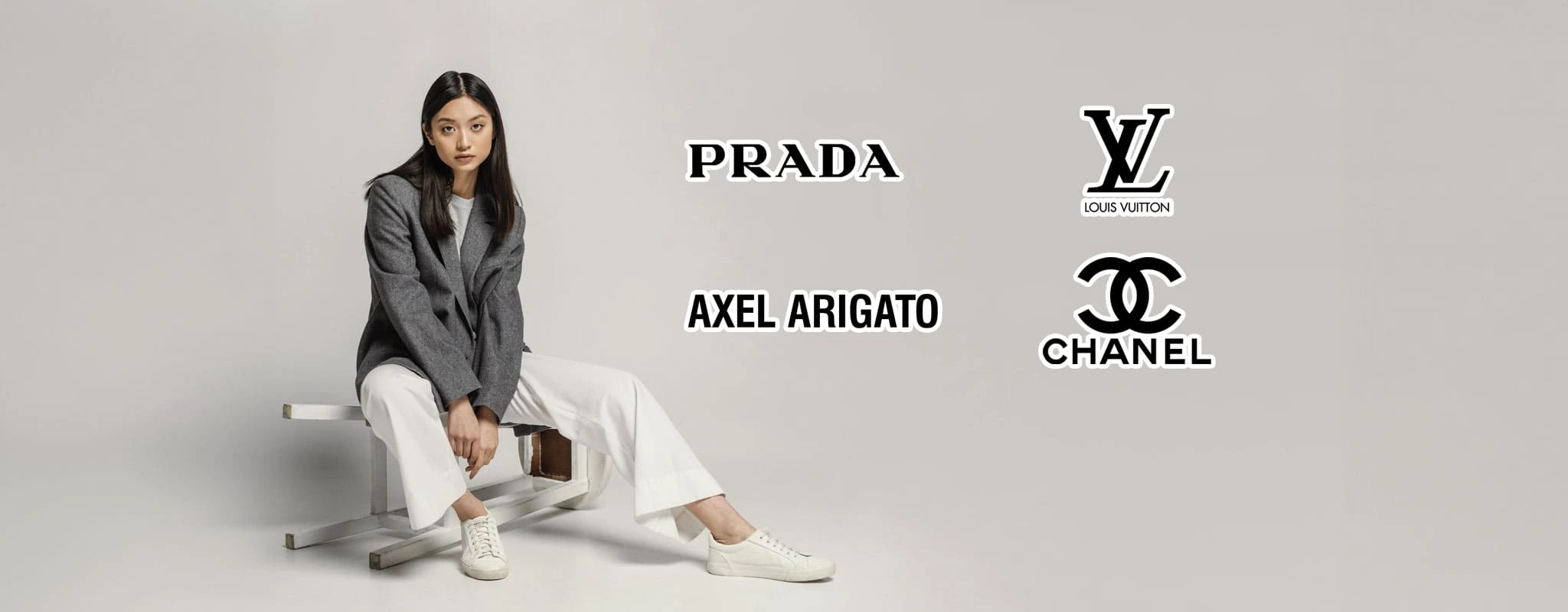
Do you know how the Little Black Dress by Coco Channel became a staple for ladies with sophisticated tastes? Or how did “The Ripped Jeans” go from a symbol of rebellion and poverty to a mainstream 80s trend? Well, that’s how influential designer brands are. These creative minds that drive iconic designer brands hold immense sway over the industry, dictating what’s hot and what’s not.
Some designer fashion brands stand out the most, shaping the landscape of style with their unique aesthetics and innovative approaches. Let’s delve into these 8 most influential designer brands and explore how they have and will continue to influence fashion in the year ahead.
1. Prada
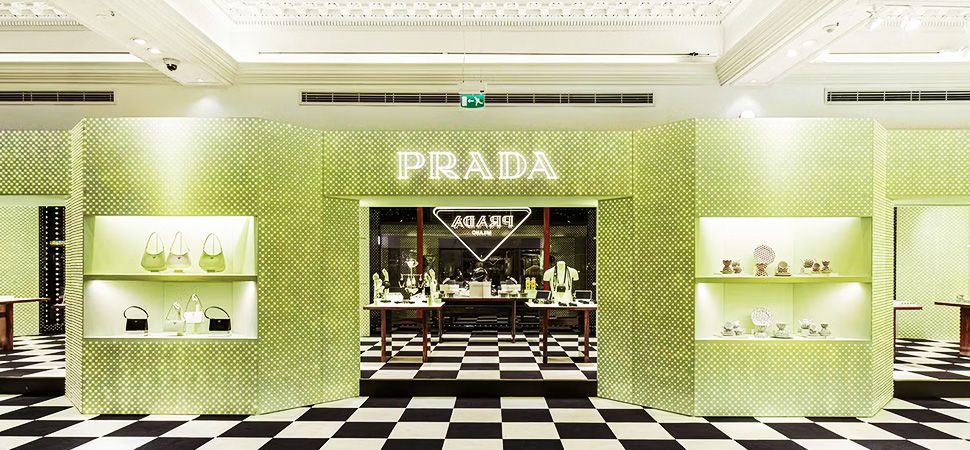
Milan’s Prada, a true fashion giant founded in 1913 by Mario Prada, was initially more of a distributor and merchant than a designer. Mario Prada began this fashion journey 100 years ago, specializing in small leather goods. At that time, the brand did not influence the fashion industry as much as it does now.
The brand’s reputation started skyrocketing under the management of Mario’s granddaughter, Miuccia Prada, in the 1980s. Soon, Prada became a global powerhouse known for its sleek, minimalist designs and intellectual aesthetic. And now, with the designer duo Miuccia Prada and Raf Simons, the brand continues to redefine luxury with its unique blend of tradition and modernity.
2. Louis Vuitton
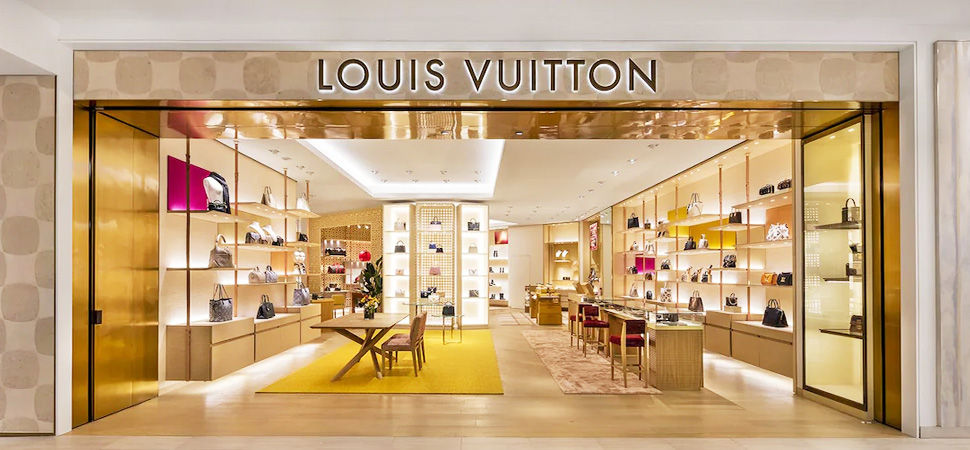
Very few brands can rival Louis Vuitton’s iconic status. Founded in Paris in 1854, the brand started as a luggage maker known for its sturdy trunks and innovative designs. Louis Vuitton’s “LV” monogram canvas, introduced in 1896, soon became an icon of luxury and status.
Over the years, Louis Vuitton has expanded its collection to encompass ready-to-wear, leather goods, accessories, and even fragrances. Louis Vuitton is synonymous with timeless elegance and impeccable craftsmanship. In 2024, Louis Vuitton continues to be a leader in the luxury brands bag sector, collaborating with renowned artists and designers to keep its offerings fresh and exciting.
3. Gucci
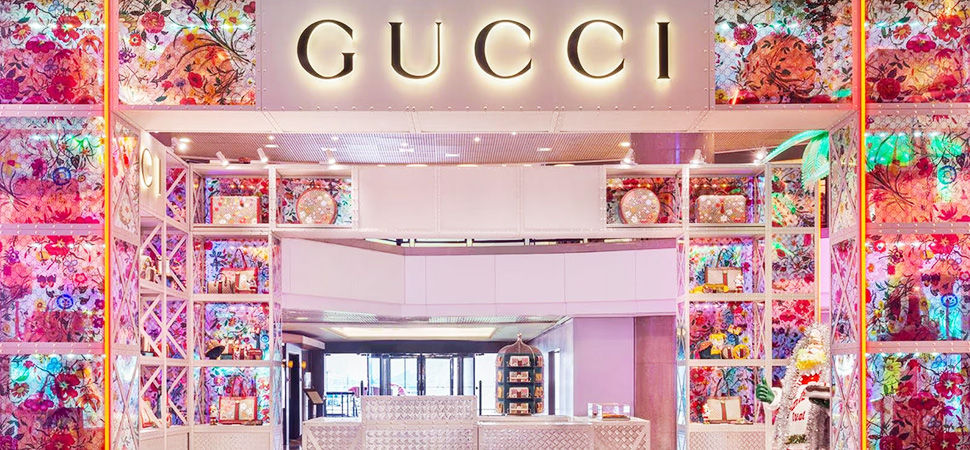
Gucci’s rich history began in Florence, Italy, in 1921. With the foundation of the “House of Gucci,” Guiccio Gucci specialized in leather goods and equestrian products. Gucci’s early pieces were marked with horse details when catering to the aristocrats who often wore equestrian accessories in that era.
Later, in the 1990s, under the creative direction of Tom Ford, Gucci underwent a dramatic transformation, embracing glamour and rock-and-roll influences. The brand continued to experiment and evolve under the leadership of Alessandro Michele. Vibrant colors, eclectic prints, and gender-fluid designs characterize his maximalist approach. As we embrace 2024, the brand remains a driving force in global fashion trends.
4. Chanel
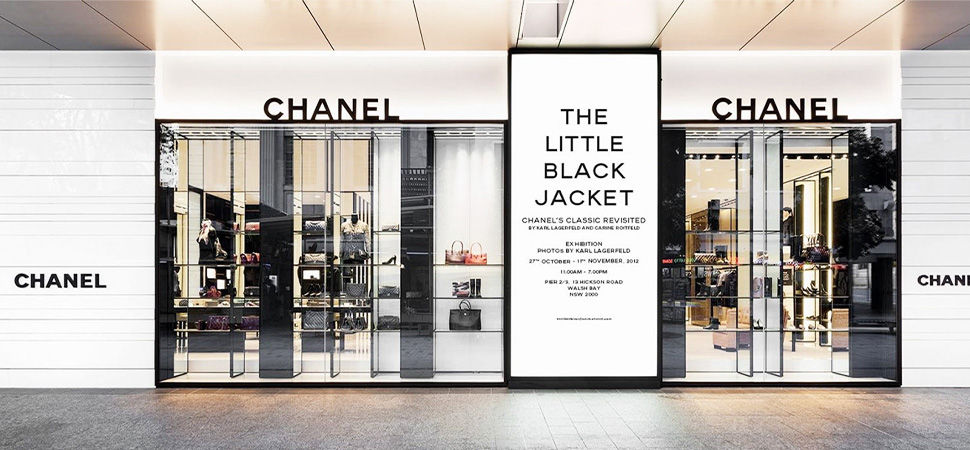
Gabrielle “Coco” Chanel revolutionized fashion in the early 20th century with her timeless designs and liberated approach to women’s clothing. From the little black dress to the classic Chanel suit, her creations continue to inspire and influence designers even today. The brand’s signature tweed suits, quilted handbags, and the double-C logo instantly symbolize luxury and sophistication.
Since the brand showed its first collection in 1946, “The House of Chanel” has always been distinguished by a particular elegance. Today, the brand manufactures shoes, clothing, luxury perfumes, and skin care products. In 2024, Chanel remains a powerhouse in the industry, attracting young customers while staying true to its timeless heritage.
5. Balenciaga
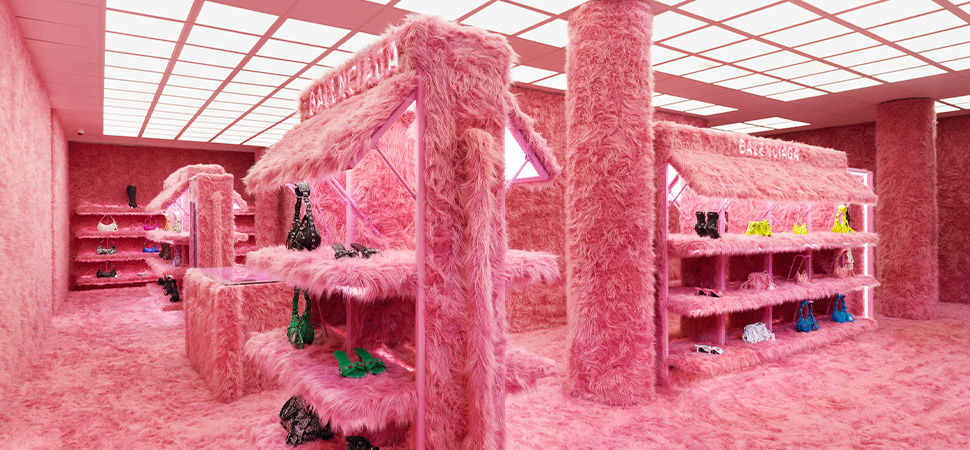
Cristóbal Balenciaga, a Spanish couturier, established his namesake brand in 1917 in San Sebastian, Spain, and only during WWII he moved to France. He is renowned for his innovative silhouettes and avant-garde approach to fashion. His designs were often sculptural and architectural, defying conventional notions of femininity and beauty.
In 1972, after Balenciaga’s death, the brand went through several creative directors, each adding their own flair. Nowadays, the brand is in the hands of fashion designer Demna Gvasalia, who reimagines Balenciaga’s work and offers a fresh perspective on the designs. “Ugly” color combinations, logomania, unbelievable volumes, and other punk rock elements are now Balenciaga’s trademark style.
6. Axel Arigato
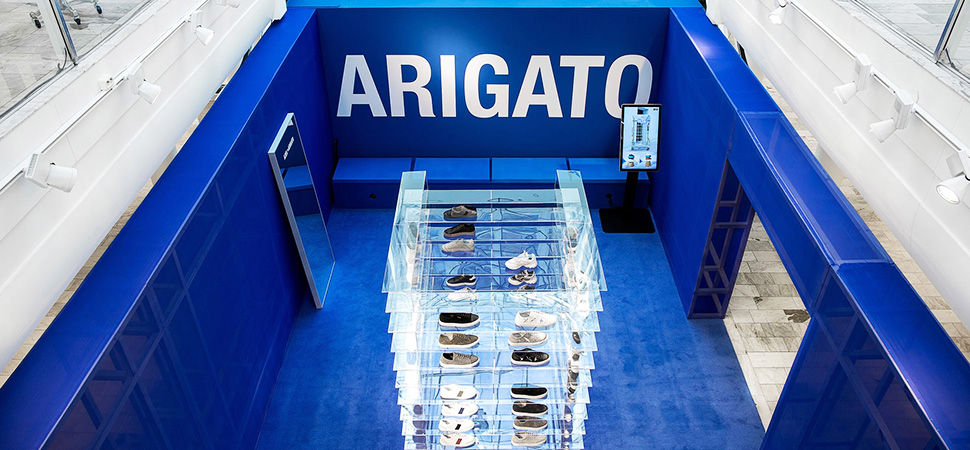
Founded in 2013 by Albin Johansson as a direct-to-consumer online company, Axel Arigato bypassed traditional fashion gatekeepers, allowing direct connectivity with their target audience and building a dedicated community on Instagram and other social media platforms. The brand’s minimalist aesthetic, high-quality materials, and focus on clean lines have made it a favorite among fashion-conscious millennials.
Their designs are inspired by Scandinavian aesthetics, prioritizing quality materials and timeless silhouettes. This approach resonates with millennials who value practicality and versatility in their wardrobes. Axel Arigato uses premium materials like Italian calf leather and Japanese denim, ensuring their garments are built to last, encouraging customers to invest in pieces they truly love.
7. Burberry
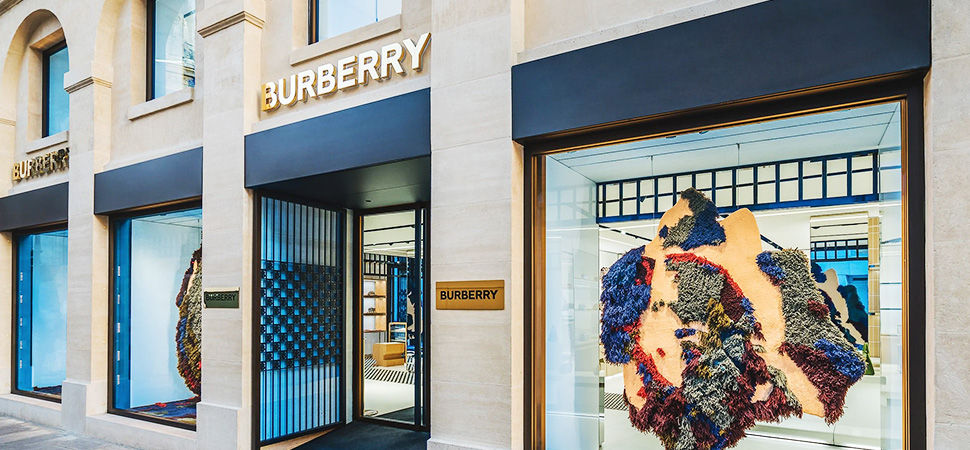
Burberry, founded by Thomas Burberry in 1856, is a British heritage brand popular for its iconic trench coat and tartan check. This blend of tradition and innovation has positioned Burberry as a relevant and exciting brand for the 21st century.
Since 2018, Riccardo Tisci has been Burberry’s Chief Creative Officer, injecting a bold new energy into the brand. He has incorporated streetwear elements into classic Burberry designs, introduced more gender-fluid clothing, and collaborated with multiple artists and musicians. So, even in 2024, expect the brand to continue to grow and evolve as its commitment to quality, craftsmanship, and timeless style remains constant.
8. Moncler
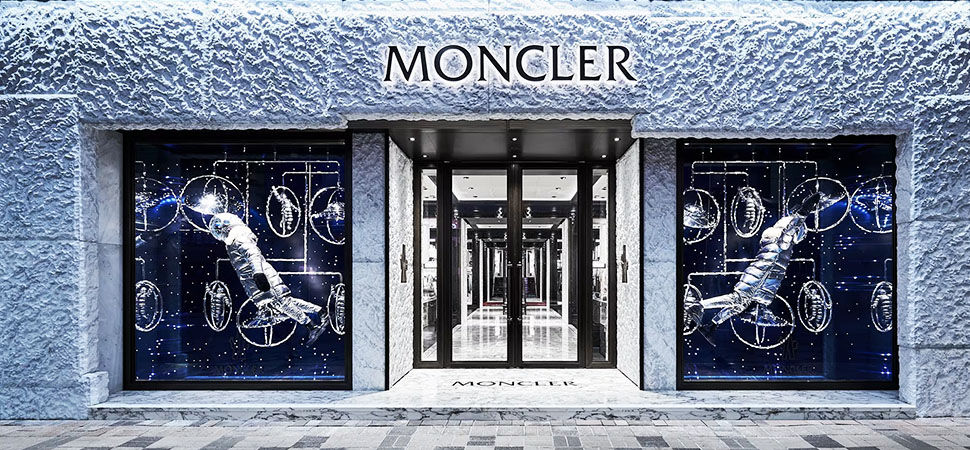
Founded in 1952 by René Ramillon and André Vincent in Monestier-de-Clermont, France, Moncler began as a manufacturer of sleeping bags for mountain climbers. Over the years, the brand has evolved into a luxury outerwear powerhouse known for its high-performance materials, innovative designs, and celebrity endorsements.
In the 2000s, Remo Ruffini, a visionary businessman, took the helm of Moncler and elevated it from functional outerwear to a coveted fashion statement. In 2018, Moncler launched “Moncler Genius,” a groundbreaking initiative that invited acclaimed designers to reimagine the brand every season. With its focus on innovation, quality, and a willingness to embrace new avenues, the brand is well-positioned to continue its success even in 2024.
These 8 designer brands are just a few examples of the many influential designer brand names shaping the fashion landscape in 2024. They each offer a unique perspective on style, innovation, and the future of fashion. As the industry continues to evolve, these brands will be at the forefront, influencing trends, setting standards, and inspiring the next generation of fashion enthusiasts. Keep an eye on these titles in 2024, as they will continue shaping how we dress and express ourselves through fashion.




